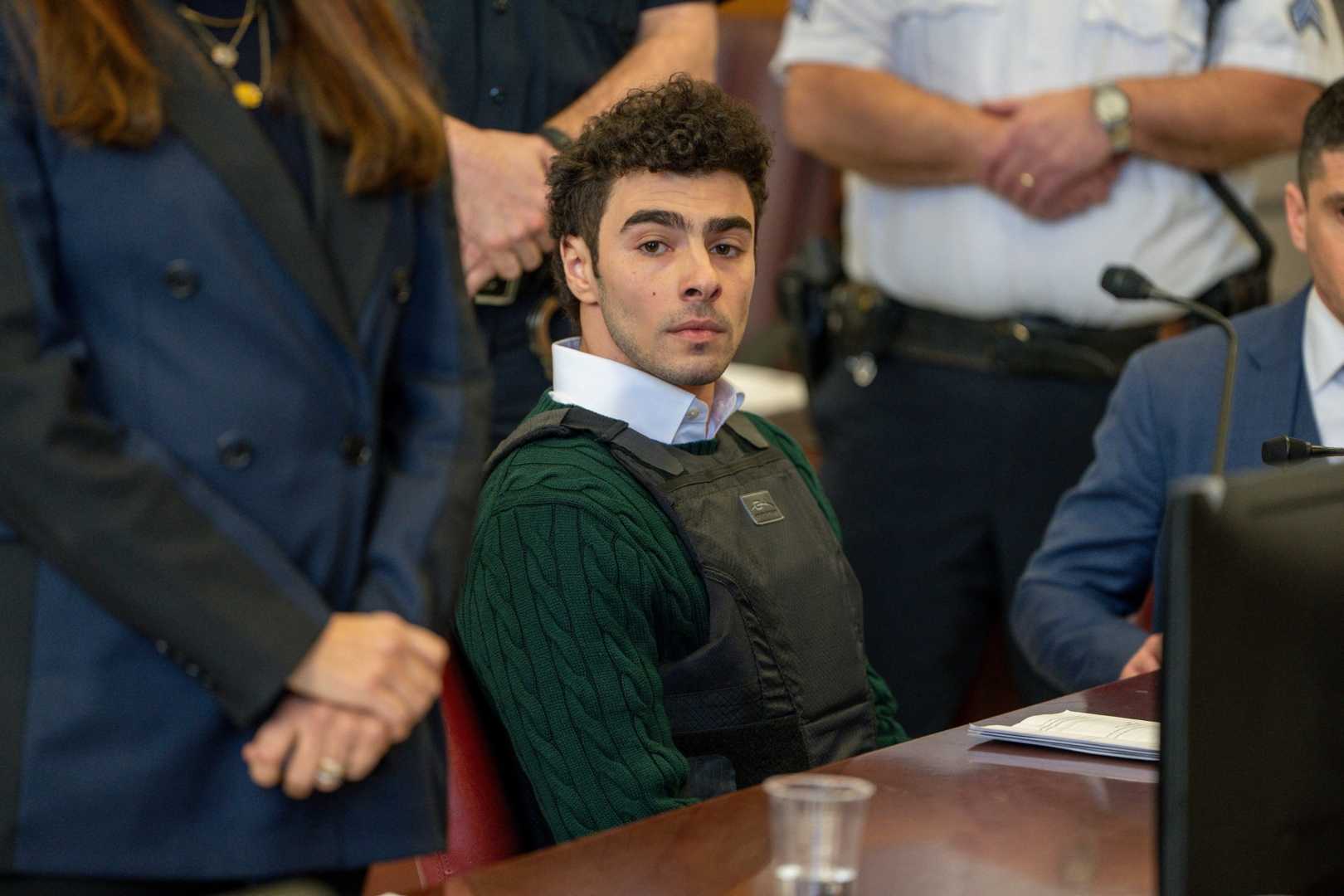News
Federal Charges Filed Against Man Accused of Killing UnitedHealthcare CEO

NEW YORK CITY, NY — A federal grand jury has indicted Luigi Mangione, 26, on four charges for the December ambush killing of UnitedHealthcare CEO Brian Thompson in Midtown Manhattan. The indictment, issued on Thursday, includes two counts of stalking, one count of murder through the use of a firearm, and a firearms charge related to the use of a silencer.
Mangione is accused of fatally shooting Thompson from behind on December 4, 2024, as the executive walked to an investors conference. According to prosecutors, Mangione targeted Thompson, a well-known figure in the health insurance industry, raising questions about potential motives linked to public dissatisfaction with healthcare practices.
The indictment reveals that scrawled phrases such as “deny,” “depose,” and “delay” were found on shell casings at the scene. These terms are reportedly associated with how insurance companies handle claims. U.S. Attorney General Pam Bondi announced that federal prosecutors would seek the death penalty against Mangione, aligning with President Trump’s agenda to combat violent crime.
Mangione was arrested following a weeklong manhunt that began after the shooting. Authorities apprehended him in Altoona, Pennsylvania, on December 9, 2024, where they discovered a “ghost gun” and a notebook that detailed his intentions. The notebook allegedly contained writings expressing his disdain for the health insurance industry.
Mangione faces separate state murder charges, including first-degree murder in furtherance of terrorism. If convicted on state charges, he could receive a life sentence without the possibility of parole. His attorney, Karen Friedman Agnifilo, has stated that they are prepared to contest all charges, asserting that the federal case is politically motivated.
“We are prepared to fight these federal charges as well as the New York State charges,” Agnifilo said. The case has invoked significant public attention, as well as scrutiny over the health insurance system, with some viewing Mangione’s actions as a response to perceptions of corporate negligence in healthcare.
Thompson’s family mourned his death, calling it a tragic loss. They emphasized that executives in the industry strive to improve a flawed system rather than to exploit it. As the trials unfold, the implications of this case may resonate deeply within both legal and healthcare communities across the nation.
The Justice Department’s move to pursue the death penalty marks a significant trial in U.S. capital punishment policy, especially as it pertains to violent crimes associated with corporate leadership. Mangione remains in federal custody, with state proceedings expected to take precedence.












